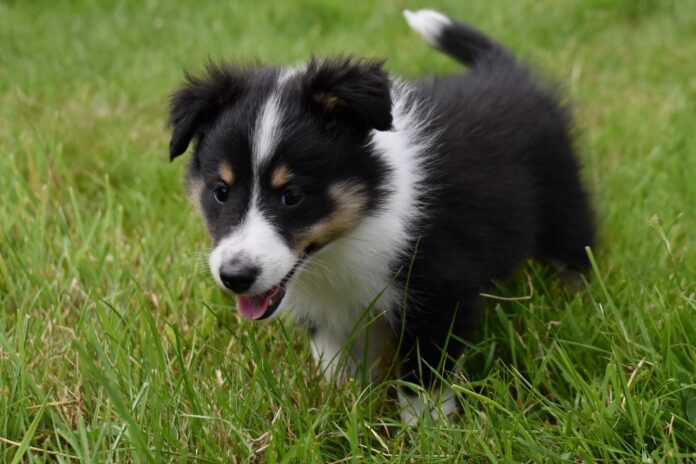You’ve probably wondered, “Why is my dog suddenly afraid of grass?” Maybe it was something you introduced to him a few years ago. Or, maybe it’s completely new – your dog is used to dry grass and suddenly became afraid of it. Whatever the reason, here are some things to keep in mind. First, check the dog’s body language. If it is shaking, he’s likely afraid of grass. Then, try to get him to walk around on dry grass.
Why is My Dog Suddenly Afraid of Grass – Possible causes
Your dog may be scared of grass, but you’re not quite sure why. There are several possible causes. It could be an allergic reaction to grass, which requires a trip to the veterinarian. Some dogs just don’t like the way wet grass feels, which could also be a cause for fear. Regardless of the cause, a veterinarian can give you some tips to help your dog overcome its fear of grass.
The first cause may be a nutritional deficiency. Some dogs may enjoy eating grass, especially young grass. The texture may also appeal to them. Try feeding your dog a high-fiber diet if grass is a problem. The next cause could be due to boredom or separation anxiety. Fortunately, there are a lot of ways to solve this problem. One option is to plant edible grass for your dog.
Treatment options
Treatment options for dog fear of grass include reducing exposure to the source of the phobia and redirecting the dog’s focus to something other than the source of the fear. This can be done by offering food treats on a leash far away from the place that triggers the dog’s fear. Although this approach can be difficult to implement without professional help, it can have the desired result. However, it is important to remember that forcing a dog to face his fears may make the condition worse.
A veterinarian can help you identify the causes of your dog’s fear of grass and provide a comprehensive treatment plan. The most common treatment options involve behavioral modification techniques, such as desensitization, and medication to alleviate distress. Although medication is sometimes recommended, it is important to remember that drug therapies are only effective when combined with behavior modification techniques. Ultimately, treating dog fear of grass should be a gradual process.
Observing your dog’s body language
Observing your dog’s body language can help you to determine what is wrong. If your dog is suddenly afraid of grass, he may be displaying a fearful or aggressive posture. If his head is tilted back and his eyes are focused forward, he may be frightened and likely to bite if he sees something he doesn’t like.
A few other signs that your dog is afraid of grass include wide open eyes, sideways glances, flattened ears, tense lips, and an inability to eat. His tail may be tucked between his legs, showing that he’s worried. He may refuse to eat or drink his favorite treat. If he’s urinating heavily, this may indicate that he’s stressed and is avoiding grass.
The most important thing to keep in mind when interpreting your dog’s body language when he’s suddenly afraid of grass is his mood. Dogs use body language to communicate with us. By interpreting these signals, you can predict the next move and how comfortable he is. Likewise, if your dog is sitting down or wriggling in a playful mood, his ears are likely to be pointed forward.
Why is My Dog Suddenly Afraid of Grass – Desensitization
Dogs are naturally fearful of grass. However, using a desensitization procedure can help them overcome their apprehension. The process is based on counterconditioning, in which you pair an unpleasant stimulus with a preferred reward. As your dog gets used to the new stimulus, you can gradually increase the amount of the reward he or she receives. Desensitization causes dog fear of grass occurs gradually over time, so it’s important to be prepared.
A reputable veterinarian can refer you to a behaviorist if you suspect your dog has a fear of grass. A behaviorist can diagnose the underlying problem and help you develop confidence building methods. Desensitization involves gradually exposing your dog to the fearful thing in small amounts. This will help you prevent the dog from becoming overly stressed and anxious and will allow you to reduce the risk of stress.




